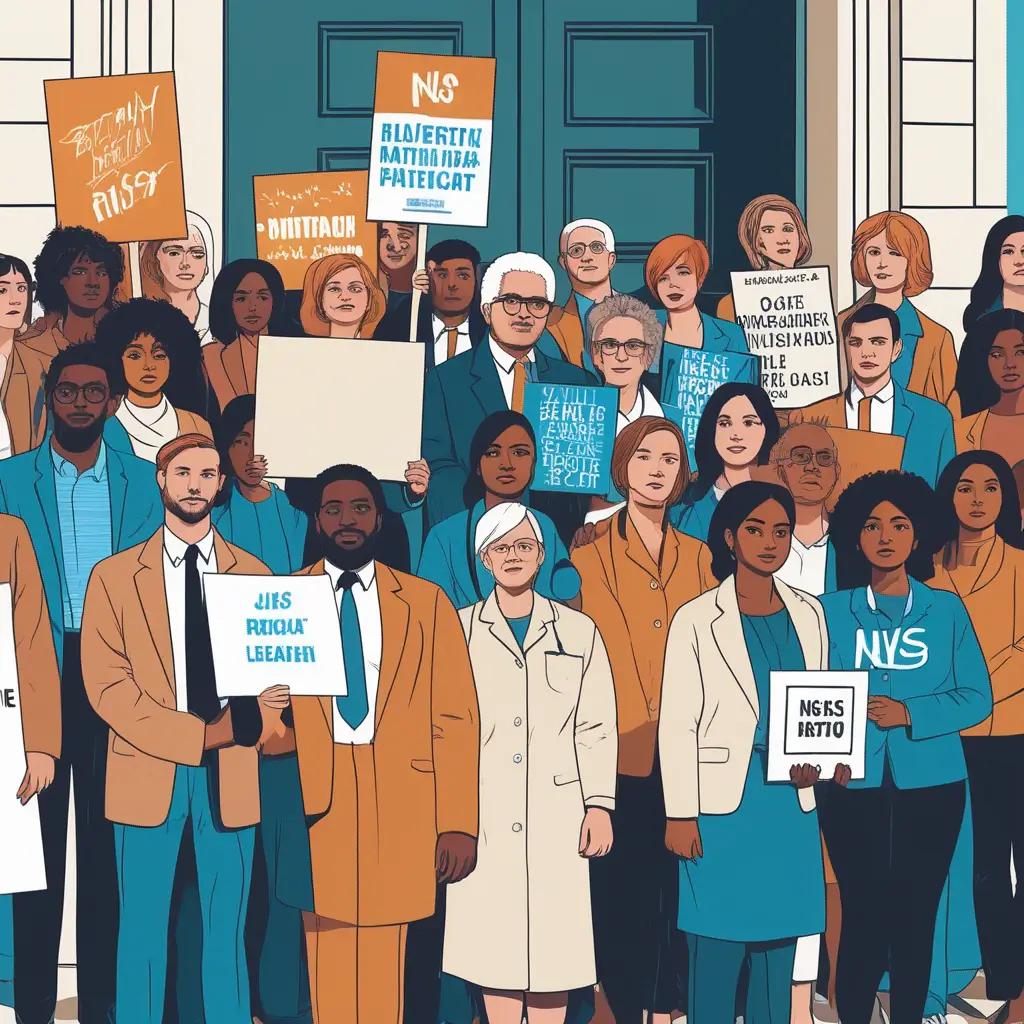Petition Rises Against NHS Agency Staff Ban

Growing Concern Over NHS Agency Staff Restrictions
A critical petition is gaining traction across the UK contracting community, challenging the government's proposal to restrict flexible agency staff from working in the National Health Service. Over 3,500 signatures have been collected in just two weeks, highlighting significant unrest among contractors, recruiters, and those who value the tradition of flexible employment within our essential public services.The petition, titled 'Help protect agency work in the NHS', is a direct response to cost-saving measures outlined by the Health and Social Care Secretary, Wes Streeting. The government intends to reduce reliance on agency staff by imposing strict spending limits and, ultimately, to eliminate agency deployment within the NHS by the end of the current parliamentary term.
The Government's Rationale
In November 2024, Wes Streeting announced a 30% reduction target for NHS trusts’ agency spending. The rationale behind this policy is to redirect funds towards the full-time NHS workforce and frontline services, ensuring long-term stability and value for the taxpayer.However, the most recent announcement goes further, aiming to cease the use of agency staff in the NHS entirely. The government proposes that existing agency workers join hospital staffing banks, which are viewed as more cost-effective and easier to manage.
| Government Action | Intended Outcome |
|---|---|
| 30% agency spend reduction | Savings redirected to NHS frontline |
| Ban on agency staff by 2029 | Long-term workforce stability and cost savings |
Industry Response: Recruitment Sector Raises Alarm
Industry leaders and recruitment experts have voiced strong opposition to this approach. The Recruitment and Employment Confederation (REC) points out that staffing banks are often more expensive than agency arrangements, not less. REC Deputy Chief Executive, Kate Shoesmith, described the move as a "hammer blow" to thousands of dedicated NHS professionals who depend on flexible work to meet caring responsibilities, manage health conditions, or pursue further education."Temporary work is a vital part of today’s labour market as a whole, and health is no exception. Agency staff help keep services running, especially in peak periods and amid worker shortages, and at a price that provides taxpayer value for money."
Kate Shoesmith, Deputy Chief Executive, REC
Kate Shoesmith further emphasised that the government’s refusal to engage in substantive dialogue with recruitment and talent firms is short-sighted. She warned that assuming all agency workers will seamlessly transition to permanent roles is unrealistic and that workforce shortages could be exacerbated by this policy.
The Value of Flexible Labour in the NHS
The United Kingdom has a proud tradition of enabling skilled professionals to serve where they are most needed. Flexible agency workers have long filled essential gaps in NHS staffing, ensuring continuity of care and rapid response during periods of heightened demand. Restricting this flexibility undermines:- The operational resilience of the NHS
- The livelihoods of thousands of skilled contractors
- The ability for workers to balance personal responsibilities with professional commitments
- The delivery of timely and quality patient care
- Stay informed: Track developments and government announcements.
- Support the petition: If you wish to add your voice, seek out and sign the petition to protect agency work in the NHS.
- Engage with your professional body: Organisations like the REC provide representation and updates.
- Consult with trusted advisors: Assess how potential changes may impact your contracting arrangements.



